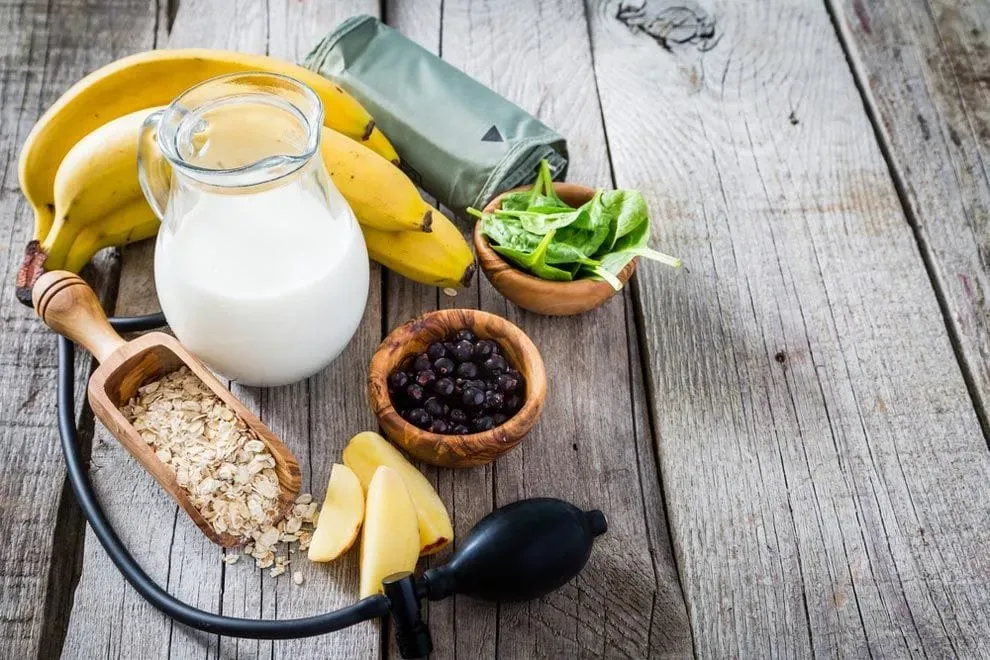
Embrace Your Spud Love: Potatoes for Longevity
- Jun 8, 2024
Potatoes – the humble, versatile veggie that's often perceived as less nutrient-dense compared to its green counterparts. However, it's time to cut the tater some slack and perhaps even start munching on it more often than you'd think, according to a recent study published in the Journal of Nutrition. The study throws light on the possibility of incorporating more spuds in your diet (particularly boiled ones), being potentially associated with decreasing the risk of premature death.
A significant point to consider here is the preparation. We're not talking about diving into a pile of greasy French fries or downing that overloaded baked potato slathered in sour cream. Potatoes, as per Lisa Andrews, a registered dietitian and owner of Sound Bites Nutrition, are a treasure chest packed with essential nutrients like potassium, dietary fiber, vitamin C, and other bioactive compounds like phenolic acids. They also contain resistant starch, which plays the part of fiber in our bodies, conveniently increasing upon cooling and reheating.
While several other veggies have, over the years, been touted as longevity-enhancing foods, the link between potatoes and prolonged life isn't as robust. Some studies suggest a lower risk of cardiovascular disease mortality with increased potato consumption, while others fail to show any association.
The recent study aimed at exploring this link by gathering data on 77,297 adults from three Norwegian counties over a 33.5 year period – examining their potato intake and risk of dying from different causes. The findings revealed that individuals consuming at least 14 potatoes per week exhibited a 12% lower risk of death from any cause compared to those eating six or fewer potatoes weekly. Consumers of larger quantities of this tuber also showed a lower risk of premature death due to cardiovascular disease, ischemic heart disease, and heart attacks.
This data, however, should not be mistaken as a declaration of potatoes being a 'superfood'. Instead, it challenges the reputation potatoes have earned as being 'bad' staples. The study's author, Erik Kristoffer Arnesen, believes that the negative perception of potatoes stemming from several U.S. studies is due in large part to the excessive salt and fats that accompany typical potato-based dishes, not the potatoes themselves.
One aspect to bear in mind while interpreting these results is the primary source of data – boiled potatoes. Other popular preparations and their effects on health remain uncertain. Nonetheless, with other cooking methods at our disposal that don't involve frying (which leads to the formation of a probable carcinogen, acrylamide), potatoes can be enjoyed in various nutritious forms – like baking, roasting, steaming or boiling.
So go ahead, resurrect your love for the spud. Swapping out that plate of toast with potatoes for breakfast or adding cooled potatoes to your favorite salad might just add a few extra years to your clock, while keeping things tasty. Maintaining a balance in your diet by prioritizing whole grains, lean protein, and a wide array of produce with fewer added sugars and excessive salt can make your potato love affair beneficial.






